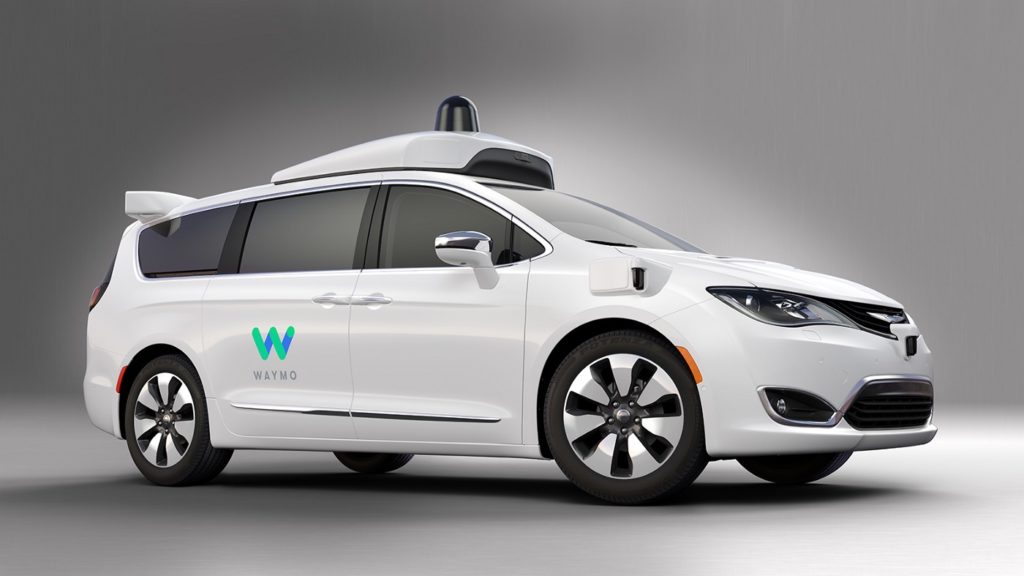As retailers continue to experiment with autonomous technologies such as checkout-free grocery stores and in-store robots, the modern grocery shopping experience is set to change significantly over the next few years. Supermarket giant Walmart is planning to add to this modernization trend by incorporating self-driving cars with their online grocery shopping experience. In a one-store pilot project, the retailer is partnering with Waymo, formerly recognized as Google’s self-driving car project, to transport online shoppers to their store in Chandler, Arizona.
This new service is only available to 400 daily users under Waymo’s “early riders” program. To use the service, shoppers can simply place an online grocery pickup order on Walmart’s website. Once complete, Walmart’s personal shopper’s bag the selected grocery items while a Waymo vehicle is sent over to the customer’s home. Customers are then transported to the store for grocery pickup and then taken back home. According to Walmart, this service gives consumers the convenience of texting, napping or working while being transported.
The retailer claims that this pilot program is part of their initiatives to make their online shopping experience more convenient. Walmart will be recording the feedback from these consumers to find out if this new service is a good addition to their online grocery shopping platform. However, the company has not disclosed information on the duration of this pilot program and if it might be expanded.
Nevertheless, the grocery retailer has been seen investing in several technological advancements for their grocery service. Last year, the retailer made headlines after testing out robotic employees in stores that can check inventory levels, pricing and identify misplaced items. A few months later, Walmart announced the launch of a new food inspection technology called Eden, which can forecast and detect food spoilage. In addition to appealing to eco-friendly consumers, the company claims that their Eden system can save them $2 billion in food waste over the next five years. Another technological initiative that the retailer has invested in is their new premium Jetblack service, which is a concierge-style, text message-based shopping service. Shoppers can utilize the service by simply texting their shopping items to their Jetblack digitized personal shopper who will complete the order and have it delivered straight to their door.
These tech-based services seem to be geared towards outperforming competitors such as Amazon. Earlier this year it was found that Amazon’s e-commerce grocery sales doubled that of Walmart’s in 2017, which might be why the supermarket chain wants to compete with Amazon’s technologies, which include drone delivery, online shopping and check-out free stores. Nevertheless, Walmart’s e-commerce efforts seem to be paying off according to their recent earnings report. In May, the company announced that their fiscal first-quarter earnings beat expectations and grew by 33 percent.
However, Walmart is not the only grocery retailer experimenting with self-driving cars. American grocery chain Kroger has also invested in self-driving cars for delivering online grocery purchases. Earlier this month, the retailer announced their partnership with Nuro, which is a California-based robotics company that claims to be the first to introduce a self-driving road vehicle. Nuro will be working with Kroger to deliver online grocery orders in a pilot market that has yet to be announced. Another start-up is experimenting with a self-driving grocery store called Robomart, which hopes to outdo the appeal of e-commerce grocery shopping.
At a time when retailers are competing with each other to provide a unique and convenient shopping experience for consumers, technological advancements are a must. With consumers becoming more adept at using mobile technology and online services for their shopping needs, retailers must also evolve with these shopping habits in order to stay relevant in the modern world. This is why driverless technology will likely become a common part of the online shopping experience in the near future.












Join or login to leave a comment
JOIN LOGIN